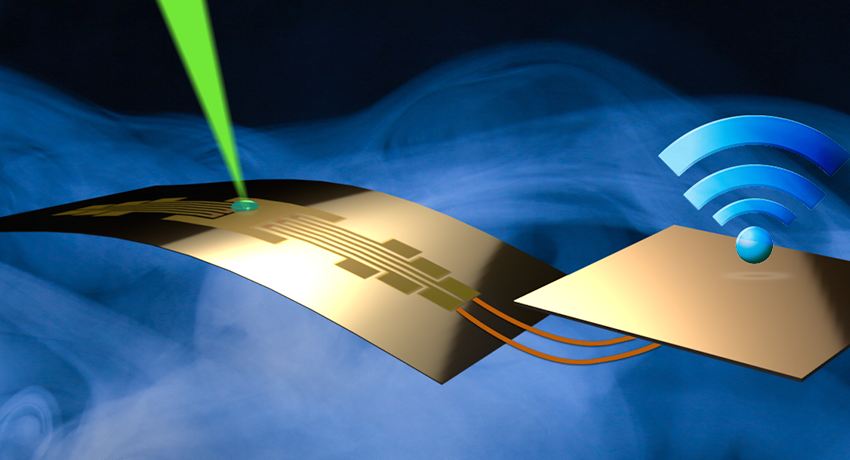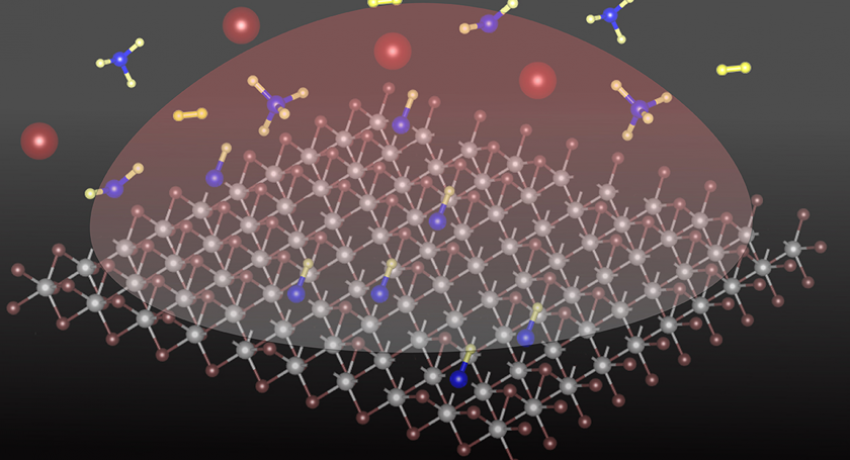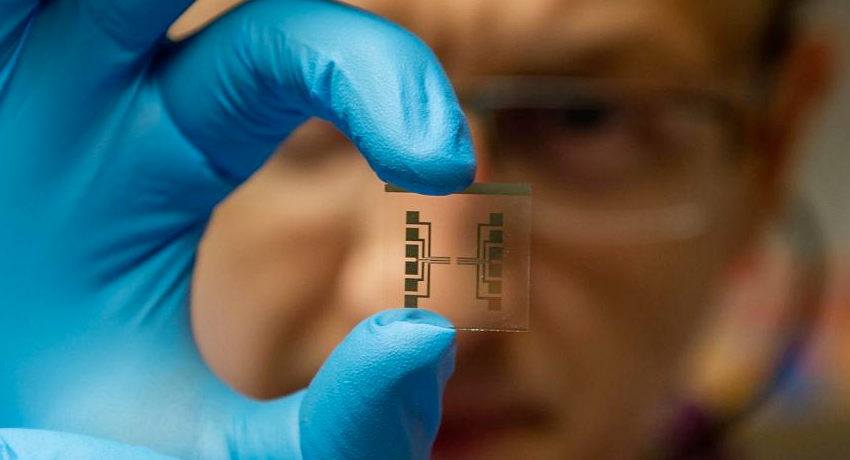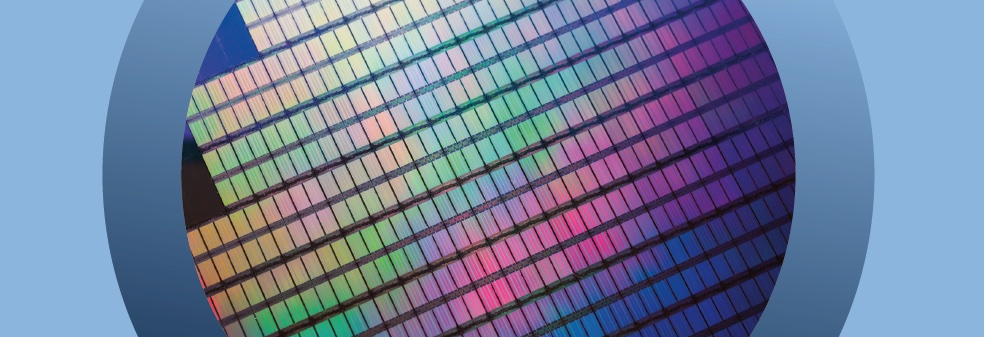The new type of semiconductor, tin selenide (SnSe), would be useful for developing a new type of electronics known as "photonics" that use particles of light, or photons, to store, manipulate, and transmit information. Traditional electronics use electrons to do this, while photonics uses photons. Tin selenide is a binary compound consisting of tin and selenium in a 1:1 ratio.
The material has a peculiar interaction with light that gives it great potential for use in electronics.
A technique to substitute carbon-hydrogen species into a single atomic layer of the semiconducting material tungsten disulfide, a transition metal dichalcogenide (TMD), dramatically changes the electronic properties of the material, according to researchers at Penn State.
With this material, the researchers say they can create new types of components for energy-efficient photoelectric devices and CMOS (complimentary metal-oxide semiconductor) electronic circuits.
The laser-induced thermal voxel process enables the simultaneous creation and integration of metal oxides directly into sensor platforms. Metal oxides are materials that react to various compounds, triggering the sensing mechanism. With laser writing, the researchers dissolve metal salts in water, then focus the laser into the solution. The high temperature decomposes the solution, leaving behind metal oxide nanoparticles that can be sintered onto the sensor platform.
The process streamlines previous methods, which required a pre-defined mask of the planned pattern.

